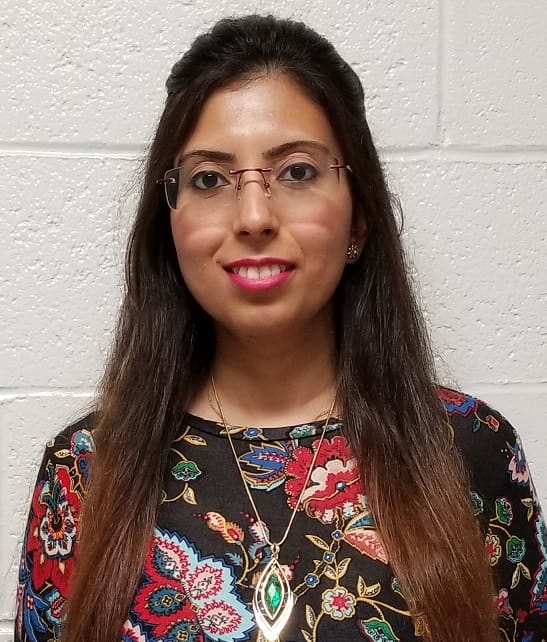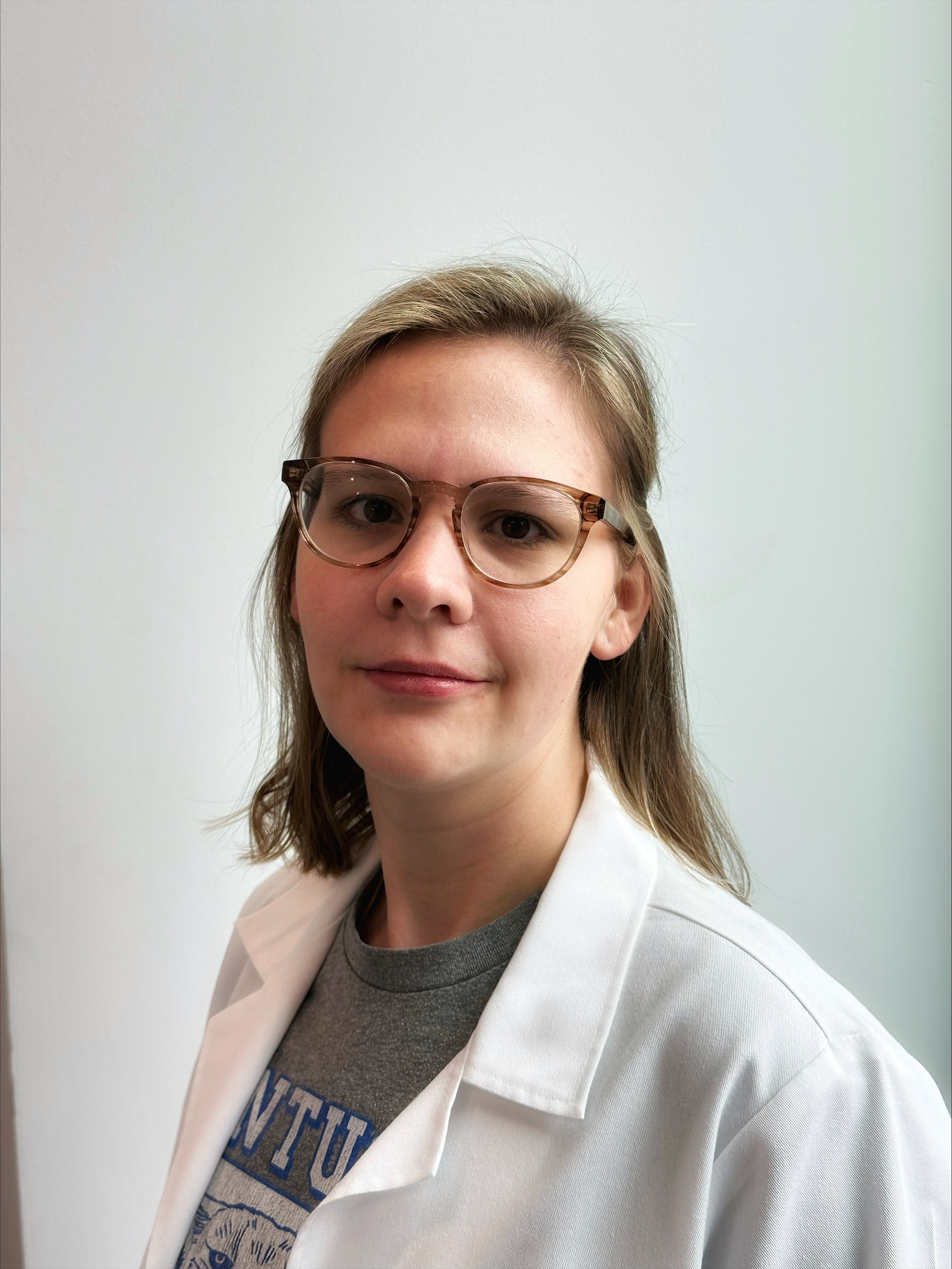By Josh Shepherd
Two doctoral candidates who conducted their research in surgery laboratories over the last few years went before their respective committees in mid-April to defend their dissertations.
Meagan Kingren, PhD, went before her doctoral committee on Friday morning, April 14. On Monday, April 17, Sujata Mukherjee, PhD, met with her committee for the defense.
Dr. Kingren attended Auburn University in her home state of Alabama where she earned a bachelor’s degree in exercise science. She was accepted into the Integrated Biomedical Sciences (IBS) program housed in the University of Kentucky College of Medicine. At the end of her IBS year, she joined the lab under Hiroshi Saito, PhD and entered the pharmacology and nutritional sciences doctoral program in 2020. Dr. Saito, a member of the Department of Surgery Research faculty, served as her advisor.
Her dissertation, “Mitochondria as Causes of and Therapeutic Targets in Chronic Post-Sepsis Skeletal Muscle Weakness,” was a study examining the potential viability of a pharmacological treatment for patients suffering chronic weakness and fatigue after surviving sepsis. Her study suggested that therapeutic approaches which targeted the mitochondria could help sepsis survivors recover from muscle weakness.
Dr. Sujata Mukherjee, raised in West Bengal, India, earned her master’s degree in zoology from the University of Calcutta, India. After earning a second master’s of science in biological sciences from Indiana University of Pennsylvania, she began working on her doctorate in pharmacology at the University of Kentucky in the department of pharmacology and nutritional sciences. Dr. Marlene Starr, the leader in the department of surgery’s division of research, served as her primary mentor and advisor in the Starr laboratory.
Her dissertation, “Age Associated Increase of gdT Cells in Visceral Adipose Tissue and Mechanisms of Their Accumulation” studied the effects of a unique subset of T cells, gdT cells, and mechanisms of their age-associated accumulation in visceral adipose tissue and how these cells contribute to inflammaging, a “hallmark attribute of aging and associated diseases” in the elderly.
“It is gratifying to be able to offer young biomedical researchers the resources to complete their doctorates. It is even more rewarding to know that we have played a significant role in preparing new researchers to move the field of medicine forward in significant ways,” said Dr. Marlene Starr, chief of the research division of the UK College of Medicine Department of Surgery.

